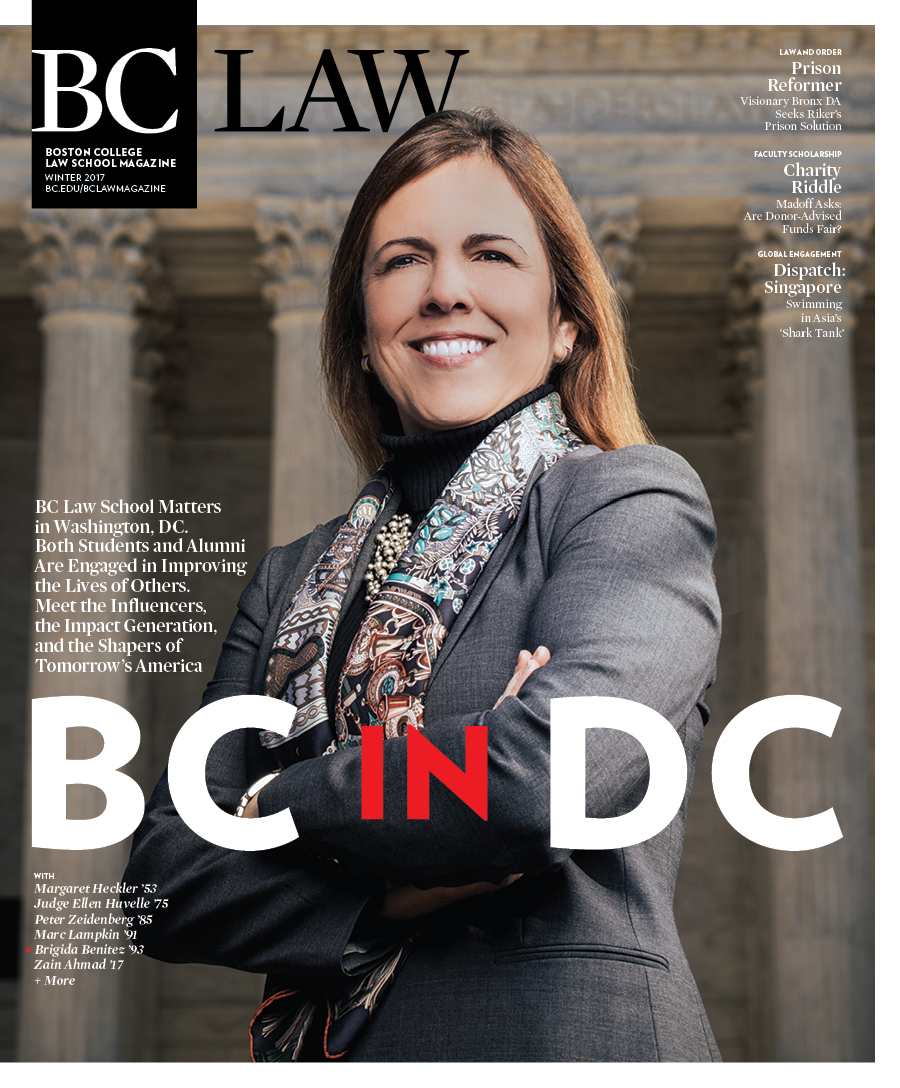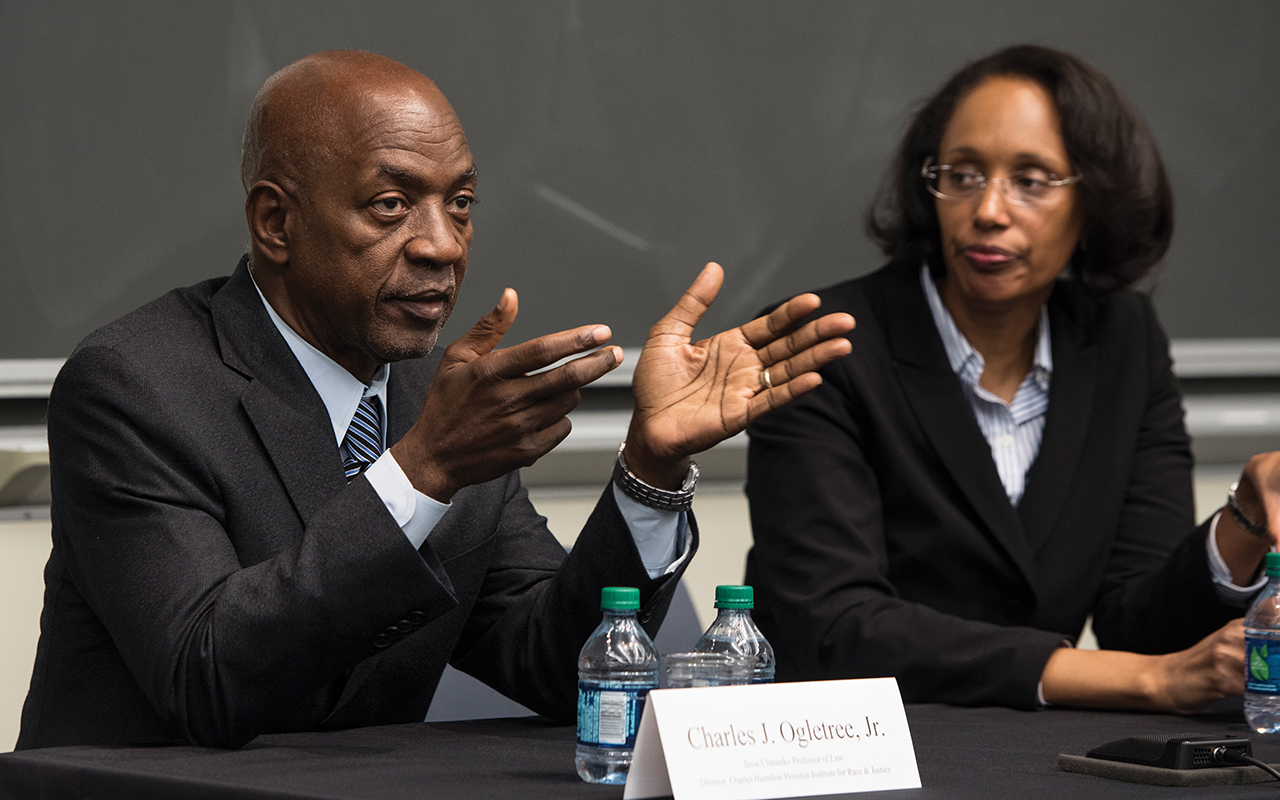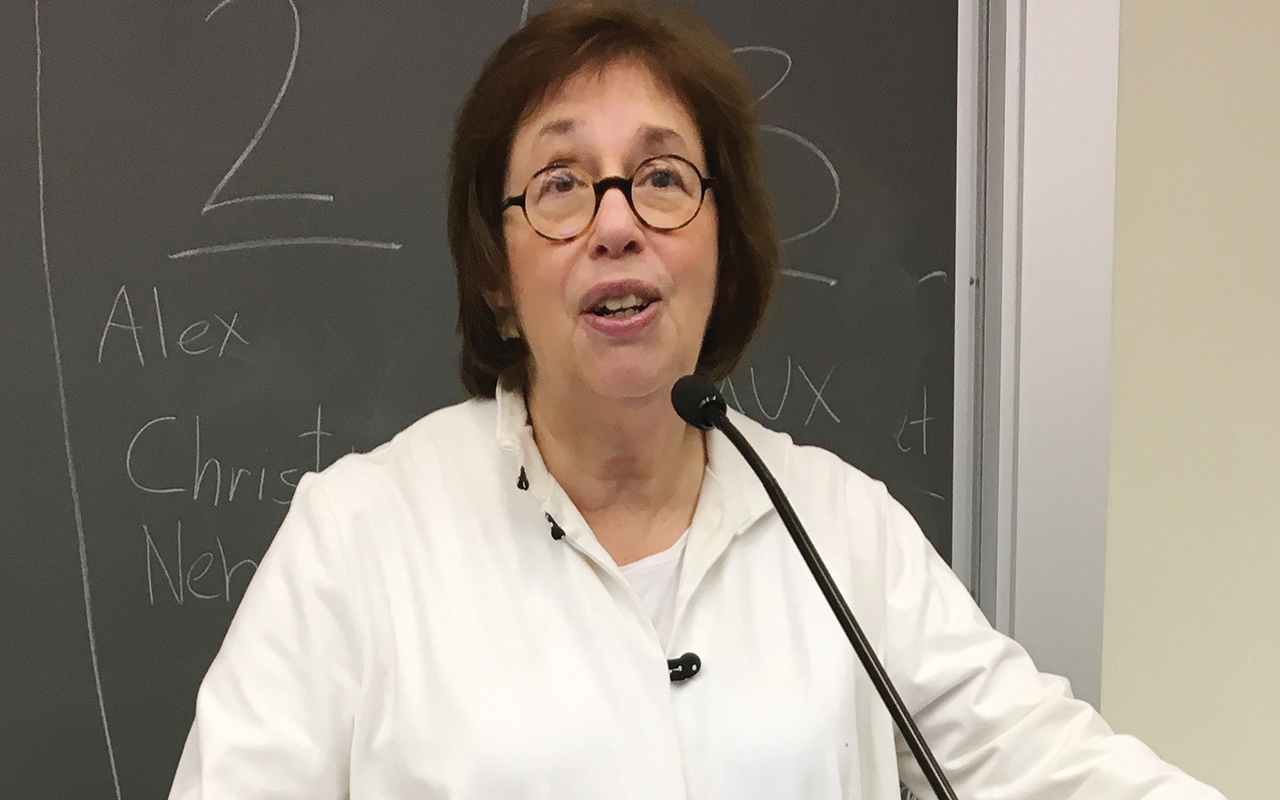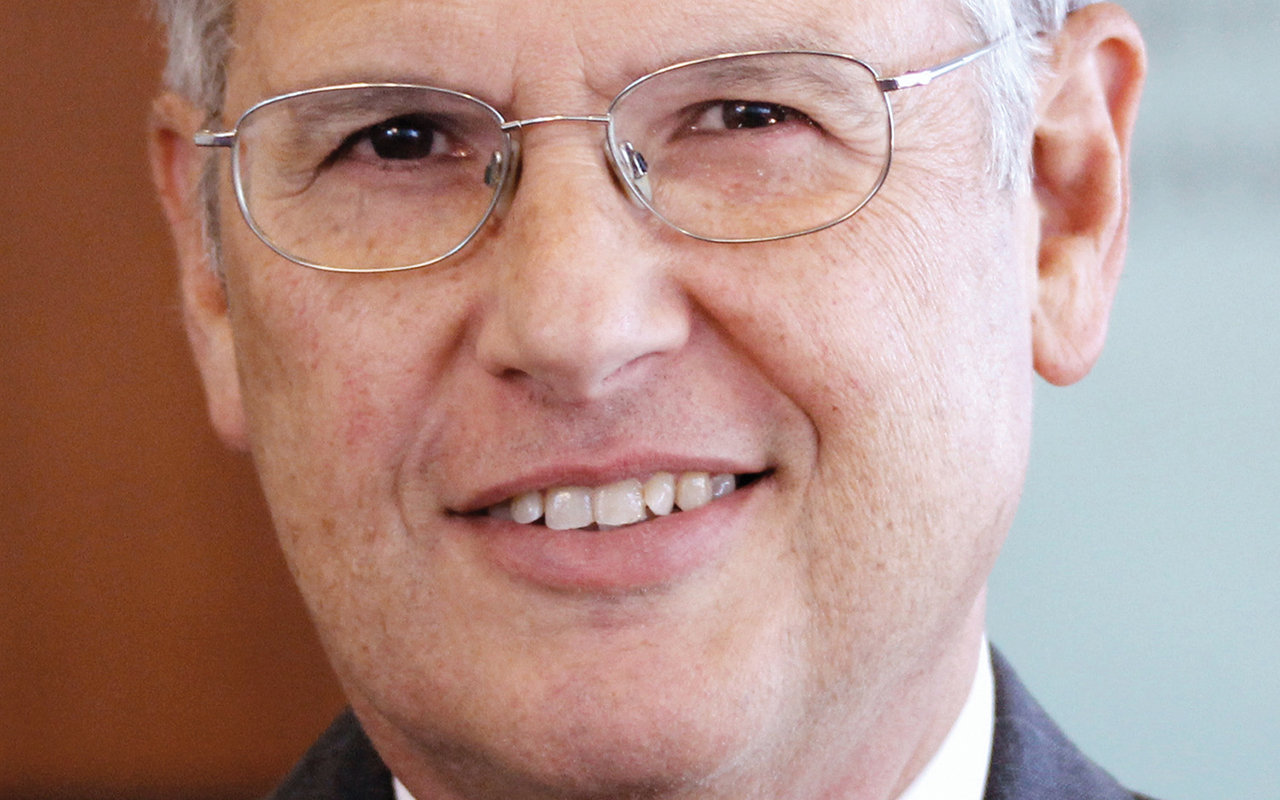Charles J. Ogletree Jr. and Kimberly Robinson: The discrimination law scholars discussed The Enduring Legacy of Rodriguez: Creating New Pathways to Equal Educational Opportunity, their book on the Supreme Court decision denying that the Constitution protected a fundamental right to education. They argued that “now is the time to rethink the decision and consider a paradigm shift in the way we perceive educational federalism.
Photograph by Jesse Holloman, MTS, BC
Linda Greenhouse: The Pulitzer Prize-winning former New York Times reporter said in September that at this moment in the history of the Supreme Court, the future of the progressive constitutional movement is at stake. The movement’s goal “is to at least partially transform the American constitution into a document of positive rights that guarantee fundamental protections of a free society,” she said, but as things stand now, it is instead a document of negative rights.
Joseph Kennedy III: The Massachusetts Congressman focused on affordable legal counsel during a talk at BC Law in October. “Our justice system is supposed to be the backstop, the equalizer and counterweight in a society that too easily slides towards power and privilege,” he said. He was optimistic that the coming generation of lawyers can do much to encourage criminal justice reform and address inequities in civil matters like eviction and workplace discrimination.
Photograph by Christopher Soldt, MTS
Joel Goldstein: The Saint Louis University law professor presented “Vice Presidency: Worth More Than a Bucket of Warm Spit?” based on his recent book. He discussed the merits of the Walter Mondale model, named for Jimmy Carter’s vice president, an initiative that increased vice presidential access to matters of state. By focusing less on a president’s mortality and more on a vice president’s capacity to lead, Goldstein said, any administration can be more effective.
Jennifer Thompson: The conviction reform advocate and co-author of Picking Cotton, a memoir written with Ronald Cotton, was raped as a college student and mistakenly identified Cotton as her assailant. That error cost him more than a decade in prison until DNA evidence led to his exoneration. “When the criminal justice system fails, it fails a lot of people,” Thompson said in her October talk, “Healing the Harms of Wrongful Conviction,” presented by the BC Innocence Program.
Photograph by Yanyi Jiang, MTS, BC







